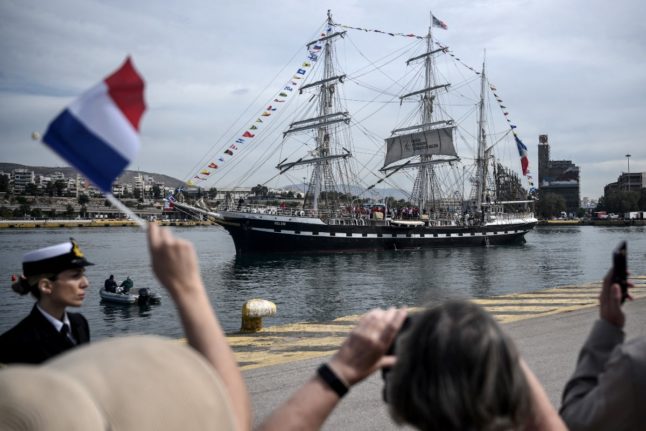Shortly after the player was reported missing, his body was discovered Tuesday in Dinard, a popular seaside resort in Brittany where the competition is being held.
Two team coaches confirmed the identity of the player whose team is based in Dinard during the competition — also known as the World Military Rugby Championship — which brings together military teams from 12 allied nations.
“Questioning of several witnesses and video surveillance images show the victim was behaving, on the night of August 28, in a way that suggested he was quite drunk,” local prosecutor Fabrice Tremel said.
An autopsy revealed several fractures “in line with a fall of several metres… at the current stage of investigation the most likely scenario is an accidental fall,” he said in a statement.
The championship is being played in 26 Brittany venues until September 10, and features 500 players and staff.
In their most recent match, Britain beat Spain in the final group-stage encounter and go on to play Fiji in the semi-final on Sunday.
READ MORE: What you need to know about visiting France for the Rugby World Cup



 Please whitelist us to continue reading.
Please whitelist us to continue reading.
Member comments